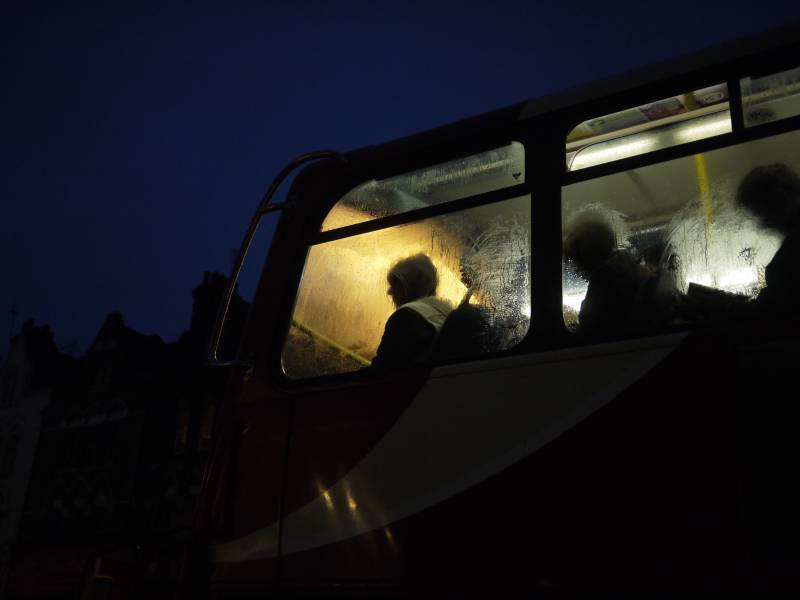As San José Mayor Matt Mahan continues to champion a drastic shift toward shorter-term solutions to ending street homelessness, the city is rolling out another avenue to that end: busing people who are unhoused to family members or friends who will take them in.
Mahan and city housing officials say the pilot program, called Homeward Bound, will serve as another tool in the city’s kit to help bring thousands of people who currently have nowhere else to go into a managed living situation. It is set to start as soon as this week and will provide up to $1,000 for bus and train tickets as far away as the East Coast.
“Many of the people living and dying on our streets have a loved one who cares for them,” Mahan said during a Tuesday press conference outside City Hall. “Many have connections and ties to places they can’t reach. And each one has a different story, a different reason for being on the streets.”
However, a local advocate for unhoused people and a Bay Area homelessness researcher are skeptical the program will be effective and are concerned about the lack of follow-up and limited data from similar programs run in other cities. In San Francisco, which has had similar programs running for two decades, the success of those efforts has been hard to track, and of what data there is, the results are mixed.
Mahan acknowledged the program, which will be funded with $200,000 of city money and run by its outreach workers or contractors, will not be a fit for everyone.

